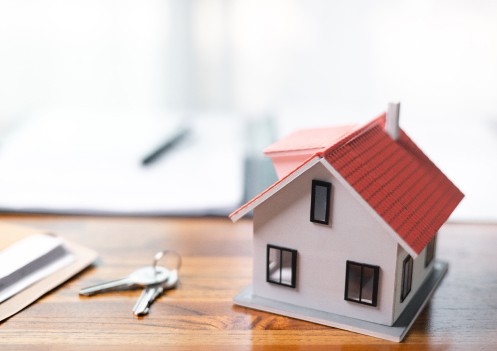Renting is becoming a more common option for older Americans. A recent analysis shows that the percentage of Americans at least 65 years old who own a home has fallen in the past 20 years from 80% to 74%. And the expectation is that more older households will choose to rent in the coming years.
There are all sorts of very good reasons to rent. I want to be clear that renting can be a smart way to go. But if you are currently a homeowner and think you may make a move and choose to rent, I want to make sure you are not blind to one risk.
Inflation.
When you choose to rent, you need to plan for the fact that your landlord will raise your rent from time to time. I know that may sound obvious, but it’s not human nature to carefully think through what things might cost 5, 10 or 20 years from now.
Yet when you make a decision to rent in retirement, that’s exactly what you must do.
It depends on your lease agreement, and the general market environment, but the bottom line is that rents rise over time. The average increase has been around 4% a year, but lately it has been higher.
Just as an example, here’s what a $1,000 a month rent today will cost if it increases at a 4% average annual rate:
$1,000 a month rent in 5 years: $1,220
$1,000 a month rent in 10 years: $1,480
$1,000 a month rent in 15 years: $1,800
$1,000 a month rent in 20 years: $2,190
$1,000 a month rent in 25 years: $2,670
At a 4% average rate, your cost to rent doubles in 20 years. That doesn’t make renting a bad option. The issue I want you to address today is making sure you have the ability to keep up with rising rents.
Future rental costs should be a factor in deciding where to rent today. Thinking about 15 or 20 years down the line will help you make the financially sound choice.
- A rent that doesn’t stretch your budget today gives you room to absorb future rent hikes. As I have long advised, live below your means but within your needs.
- Aim for the biggest possible Social Security benefit. The longer you can wait between the ages of 62 and 70 to claim your retirement benefit, the higher your payout will be. That higher payout will be so valuable to cover (rising) living costs for a much older you. And keep in mind, even when you are collecting your benefit, it is changed every year to account for inflation. That is a huge help with rent and other costs. To maximize Social Security, if you are healthy today it makes sense to delay at least until your full retirement age (between 66 and 67 depending on the year you were born), and ideally to age 70.
- Remember that stocks deliver the best inflation-beating gains over the long term. Having a portion of your investments in stocks in your 60s and 70s can be a smart way to help you cover rental costs in your 80s and 90s.
Top Resources for You

The Ultimate Retirement
Guide for 50+
Learn More

MUST HAVE® Documents
Online Program
Learn More






